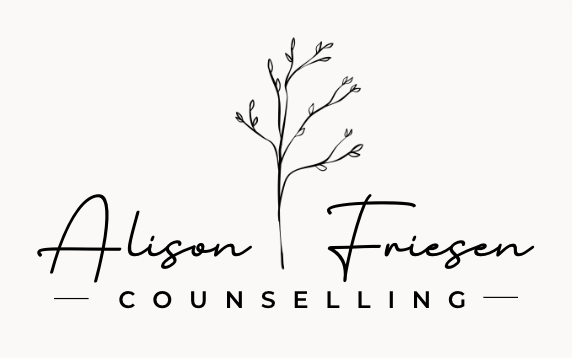What’s the difference between a Psychiatrist, Physician, Psychologist, and a Counsellor?
Seeking support when experiencing mental health symptoms like low mood, anxious thoughts, or a sudden crisis requires courage, effort, and energy that we often don't have. So, even though we know we need help, finding the right support feels daunting and impossible when we are already feeling overwhelmed and exhausted! It's important to understand the roles of different mental health professionals so that we can advocate for ourselves or our loved ones and benefit from their unique and complementary roles in the mental health field.
So, who’s who in the mental health field?
Psychiatrist
A psychiatrist is a regulated medical doctor who specializes in mental health. They can diagnose mental illness, and prescribe and monitor medication to help with the chronic, acute, or complex physical symptoms. While they don't usually offer counselling, they can give information about mental health disorders and how medication can help.
Physician
Physicians are medical doctors and can also assess and treat mental health conditions like ADHD, depression, anxiety, and PTSD etc. They can prescribe medications and may consult with psychiatrists for complex cases. Since physical and mental symptoms can overlap, doctors do blood tests and other medical tests to determine a medical cause or rule out physical issues (like low iron) that could be causing mental health symptoms. For example, depression and low iron can both present as low energy.
Psychologist
Psychologists in British Columbia have a Masters and a PhD in psychology and are regulated by the government. They do comprehensive assessments and tests to diagnose mental health issues or understand symptoms and behaviours. They offer counselling, treatment planning, and diagnosis. However, in some settings such as schools, psychologists may only do assessments, diagnosis, and consultation. Some employee benefit plans cover appointments with community psychologists so it’s a good idea to check your benefits or coverage if a psychologist is needed or preferred.
Counsellor
In British Columbia, the words "psychotherapist," "therapist," and "counsellor" are unregulated. This means they can be used interchangeably or in different situations, settings, and professions (i.e. Employment Counsellor, School Counsellor, Camp Counsellor). Regardless of where they work, most counsellors offer help and education for personal problems, life changes, relationship issues, changing behaviours, or setting goals to reach positive changes and well-being.
In British Columbia, counsellors who have completed a Master's degree in Counselling Psychology or Social Work can voluntarily choose to register with the British Columbia Association of Clinical Counsellors (RCC) or the Canadian Counselling and Psychotherapy Association (CCC).
Why is having a registered counsellor important?
Registration ensures the counsellor has received important training, adheres to a Code of Conduct and Ethics, carries professional insurance, commits to ongoing professional development and confidential supervision, and can be held accountable if there is a complaint or concern.
If you have extended benefits or insurance coverage (i.e. EFAP, CBC, CVAP, or FNHA), the counsellor you see must be registered with either the RCC or CCC to be eligible for reimbursement.
Counsellors in BC cannot diagnose mental health conditions. However, registered counsellors can offer screenings and suggest or refer you to more specialized care if needed.
How can a counsellor help me?
Counselling helps people experiencing mental health such as anxiety, depression, borderline personality disorder, grief, life stressors or transitions etc. Counselling helps to deal with difficult experiences and learn how to address the problems that are holding them back from living the life they want. This can involve talk therapy (like cognitive behaviour therapy), getting specialized treatment for trauma (like EMDR), or using expressive therapies (like art, music, or body-based approaches). Some counsellors specialize in specific issues or therapy styles.
In counselling, you can expect to have a safe, non-judgemental, and supportive space to process difficult or traumatic memories, emotions and thoughts, while also discovering and using your own strengths and resources to make positive changes. Counselling can also help you gain insight into your past, present, and future, learn how to manage stress, develop healthy coping skills, practice self-compassion, set goals, and improve your relationships.

